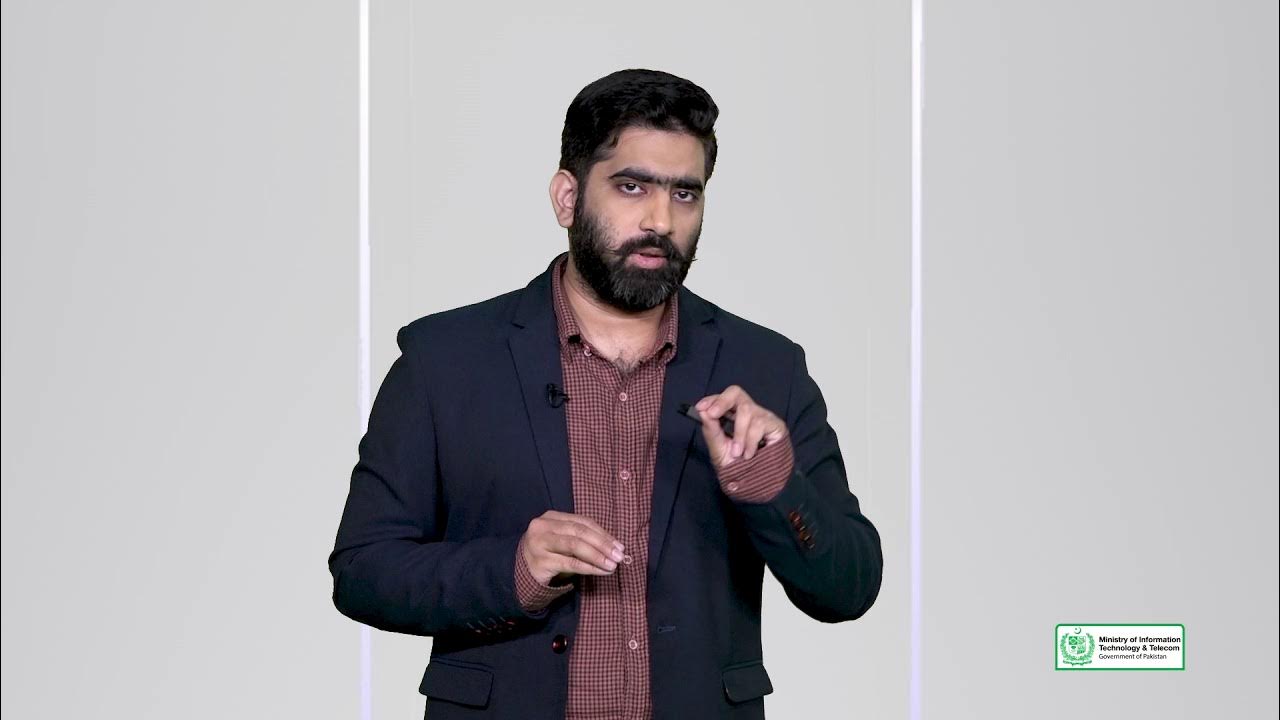Eonics Podcast #072 - Pauze Praat: Vim, Rentslam en minder website lezers
Summary
TLDRThis video features a discussion among a group of people about the evolution of websites, content management systems (CMS), and the shift towards more modern technologies. Topics include the decline of traditional websites, the widespread use of WordPress for managing content, and the rise of static and headless CMS approaches. The group also touches on the importance of creating flexible, multi-channel content strategies, with a focus on user-friendly tools and cost-effective solutions. The conversation highlights the changing landscape of web development and how emerging technologies are reshaping website management.
Takeaways
- 😀 Traditional websites and blogs are increasingly seen as outdated, with many becoming SEO-driven and less engaging.
- 😀 Younger individuals tend to avoid regularly reading blogs or websites, focusing instead on entertainment or work-related content like gaming.
- 😀 Older generations were more involved in maintaining personal websites, but this trend is waning, with fewer people publishing content actively.
- 😀 A discussion about website building includes the use of static site generators and WordPress for content management, with some opting for custom themes and hosting solutions.
- 😀 Static websites can be hosted for free, with platforms like GitHub Pages and Netlify offering cost-effective solutions.
- 😀 WordPress remains a popular CMS for publishing content, especially for websites focused on regular updates, such as news or blogs.
- 😀 For smaller websites or those with fewer technical demands, WordPress's self-hosted version is a suitable and affordable option.
- 😀 Headless CMS systems are becoming more popular, enabling users to manage content separately from the website’s presentation layer.
- 😀 A headless CMS allows content to be distributed across multiple platforms (e.g., websites, mobile apps) using a single source of content.
- 😀 The increasing flexibility of headless CMS setups enables businesses to customize content delivery for different devices and channels more easily.
- 😀 The web development ecosystem is evolving, with more tools available to manage content and presentation independently, offering a hybrid approach between flexibility and ease of use.
Q & A
What is the main concern discussed regarding the future of traditional blogs?
-The main concern is that traditional blogs are becoming less popular, with many users now preferring platforms like YouTube, social media, and gaming-related content. This shift marks the decline of blogs as the primary form of content sharing.
How has WordPress evolved in recent years according to the discussion?
-WordPress has become more user-friendly with features like visual editors, allowing users to build websites without needing advanced technical skills. It also remains a popular choice for content-heavy websites due to its ease of use and flexibility.
What are the advantages of static websites, as mentioned in the conversation?
-Static websites offer faster loading times, lower costs, and greater simplicity. One participant mentions using GitHub for hosting and Netlify for deployment, emphasizing the cost-free nature and speed of static sites.
What does the term 'headless CMS' mean, and how is it used?
-A 'headless CMS' refers to a content management system that only handles the backend content storage and management, while a separate system takes care of the frontend presentation. This allows for greater flexibility in delivering content across multiple platforms.
What is the benefit of using a headless CMS for content distribution across different platforms?
-The benefit is that content can be customized and delivered differently on various platforms (websites, mobile apps, etc.), all while maintaining a single source of content. This allows for streamlined content management and presentation across multiple channels.
Why do some people still prefer WordPress for their websites despite the rise of other platforms?
-WordPress is still preferred by many because it provides an easy-to-use interface for content management. It's particularly useful for content-heavy websites and allows for ongoing content updates without needing to manage complex technical details.
What is the significance of 'static site generators' in modern web development?
-Static site generators are tools that create websites consisting only of static files, meaning no dynamic processing is required by the server. These sites are fast, secure, and cost-effective, as they can be hosted with minimal resources, such as on platforms like GitHub and Netlify.
How does the evolution of WordPress reflect broader trends in web development?
-WordPress has evolved to offer more flexible, user-friendly tools, such as visual editors and improved customization options. This reflects the broader trend of making web development more accessible to non-technical users while also adapting to the needs of modern, dynamic content management.
What is the potential drawback of using WordPress, and how does the headless CMS approach address it?
-A potential drawback of using WordPress is concerns around security, as it's a widely used platform. The headless CMS approach addresses this by separating the content management from the frontend, allowing for a more secure setup while still offering the flexibility of WordPress for content creation.
What role does content management play in modern website development according to the conversation?
-Content management plays a crucial role in modern websites, as ongoing content updates are essential for maintaining relevance and engagement. WordPress remains popular because it simplifies content management, and more advanced systems like headless CMS offer even greater flexibility for developers and content teams.
Outlines

此内容仅限付费用户访问。 请升级后访问。
立即升级Mindmap

此内容仅限付费用户访问。 请升级后访问。
立即升级Keywords

此内容仅限付费用户访问。 请升级后访问。
立即升级Highlights

此内容仅限付费用户访问。 请升级后访问。
立即升级Transcripts

此内容仅限付费用户访问。 请升级后访问。
立即升级浏览更多相关视频

SEO101_Topic046

Which Open Source CMS should I use? Directus, Payload, Strapi, Webiny ... 🤔

Affonso Solano fala sobre o fim da amizade com Jovem Nerd.

What is a CMS Content Management System - 2022

15 futuristic databases you’ve never heard of

Konvergensi Teknologi di Era Revolusi Industri 4.0 | Anshar Akil
5.0 / 5 (0 votes)
